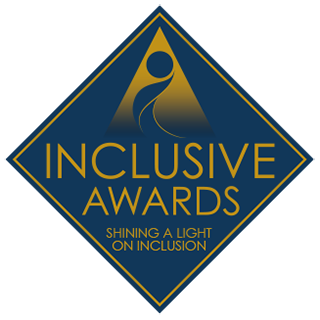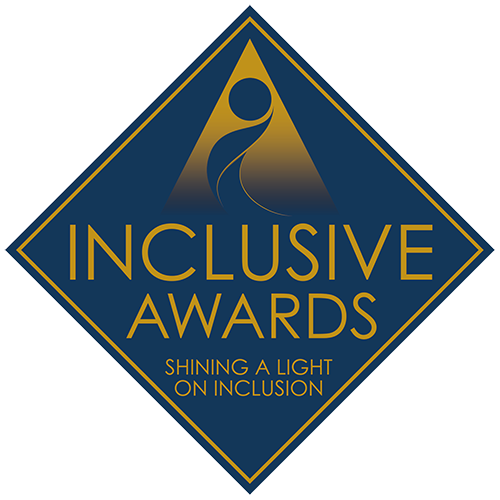Liverpool Women’s NHS Foundation Trust is proud to be a trailblazer in embedding inclusion and anti-racism as a strategic imperative in healthcare. We are one of the first NHS Trusts to establish a dedicated Anti-Racism Hub (ARH), a bold initiative that forms part of our wider Trust Improvement Plan. The ARH was developed in direct response to the systemic inequities facing both patients and staff from racially marginalised backgrounds. Its focus is not symbolic—it is structural, operational, and embedded in our leadership model.
The Hub works at the intersection of equity and excellence. It is designed to locate the areas within our systems where inequities are most deeply rooted—often in the legacy issues around representation, safety culture, access to leadership, and disparities in care. From there, the ARH takes a collaborative, evidence-informed, and lived experience-led approach to dismantling these inequities and co-producing sustainable solutions. The model is unique in its integration of cultural transformation, clinical education, organisational development, and community engagement.
We recognised early on that tackling racism in healthcare must include a clinical lens. The ARH has spearheaded the development of trauma-informed, culturally competent learning programmes specifically for clinical staff. These sessions address how racism and bias influence diagnosis, treatment pathways, communication, and health outcomes. Over 500 staff have participated in training that empowers them to deliver more equitable care, particularly in maternity, gynaecology, and neonatal services where outcomes for Black and Brown women and birthing people are disproportionately poor. Our approach draws upon both data and the real-life experiences of our staff and service users, enabling us to create learning that is emotionally resonant and practically effective.
This work has directly contributed to improved patient outcomes. For example, translated appointment letters in over ten languages have reduced Did Not Attend (DNA) rates and improved clarity for patients whose first language is not English. More importantly, these changes were developed not just for compliance, but through meaningful dialogue with the communities we serve. Inclusion is at the heart of this approach, with alternative formats and support systems in place to ensure patients with limited digital access or neurodiverse communication needs can navigate their care confidently and safely.
Internally, we have worked to create a psychologically safer workplace for staff, especially those with lived experience of racism. The ARH works alongside HR, Investigations, the Freedom to Speak Up Guardian, and the Patient Liaison Service to provide an inclusion-centred framework for resolving issues. Our model encourages early resolution, promotes dialogue, and supports staff through trauma-informed approaches. We have seen an increase in informal resolution of concerns, a reduction in grievances involving staff from racially marginalised groups, and improved confidence in internal processes.
The ARH has not worked in isolation. We have partnered with the Anthony Walker Foundation to deliver staff and patient listening exercises, hosted workshops with clinicians and community leaders, and co-developed anti-racism resources with staff networks. Our work has been cited by the Equality and Human Rights Commission in national guidance on tackling racial inequality in maternal healthcare and requested as a model for replication across NHS Trusts and Integrated Care Systems.
Our inclusive culture work also extends beyond race. We have led transformative initiatives around gender and sexuality inclusion, including work on trans awareness in medicine, historical context sessions co-delivered with the National Museums Liverpool, and practical improvements such as gender-neutral facilities. We have built relationships with local and national LGBT organisations including Sahir and the LGBT Foundation, ensuring that all patients and staff feel represented, safe, and respected in our environment.
We have also made significant progress in supporting neurodivergent staff and patients, working with partners such as the Brain Charity, and introducing training on reasonable adjustments and inclusive recruitment practices. All of this is supported by robust data monitoring, ensuring that our efforts are not only values-driven but also measurable.
The ARH represents more than a programme; it is a shift in how we think, work, and lead. It is about holding ourselves accountable to the communities we serve. It is about moving from statements of intent to action and impact. The Hub’s strength lies in its ability to respond to complex, often historical problems with humility, expertise, and a commitment to long-term transformation.
Liverpool Women’s NHS Foundation Trust is committed to building a culture where equity is not a project but a principle—deeply embedded in the way



